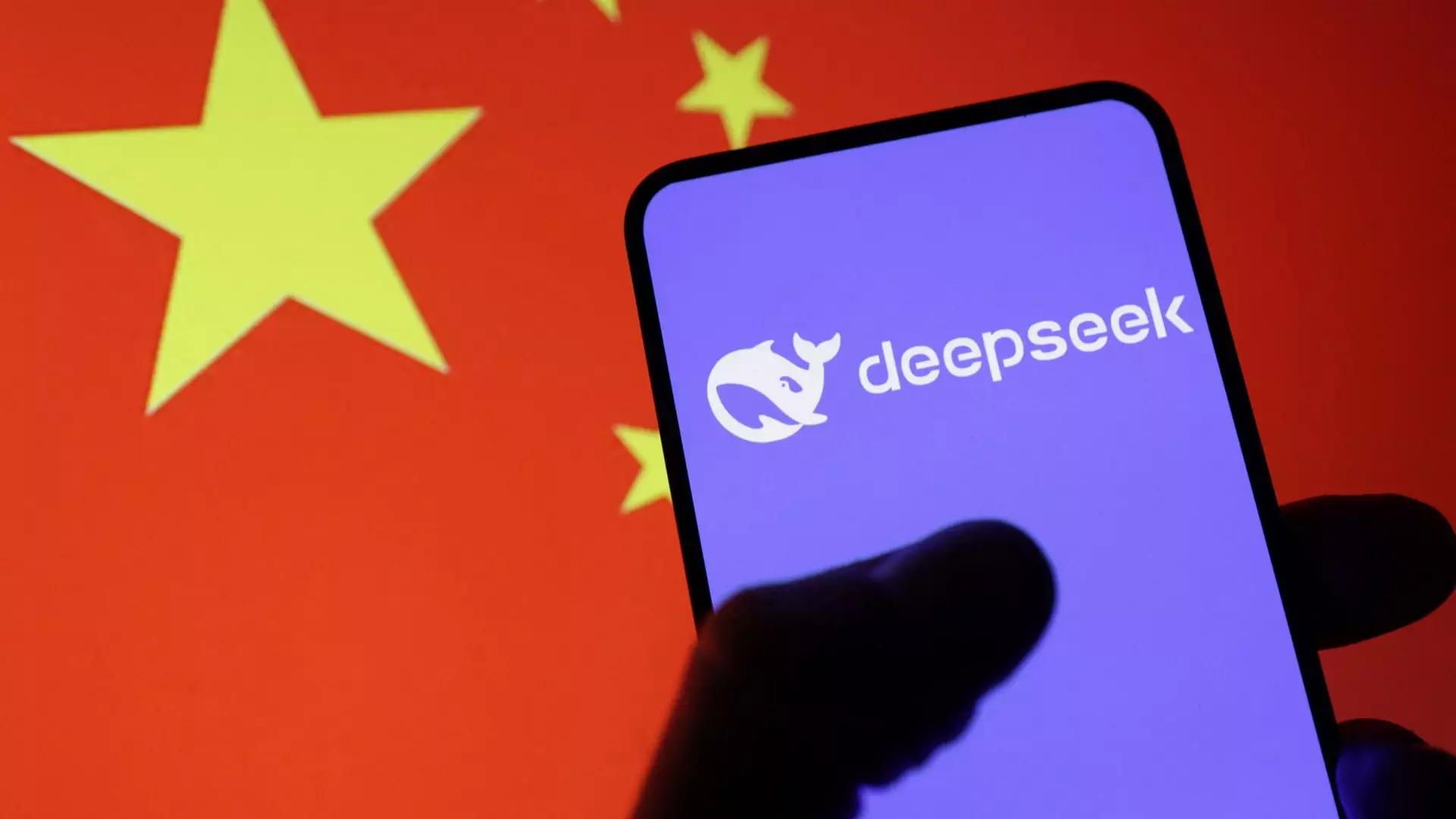China’s recent assertiveness in developing its technology sector signals a clear shift in its strategic stance: moving away from reliance on Western hardware and software giants. The surge of Alibaba and Baidu stocks reflects not just market optimism but a broader national push toward technological independence. This momentum suggests that China no longer views foreign chips and AI systems as indispensable but as temporary scaffolding, paving the way for a more self-sufficient ecosystem. While Western pundits may dismiss this as merely an economic gambit, the reality is far more profound: China is positioning itself as a formidable player capable of resisting external pressures and shaping global tech standards on its own terms.
Strategic Resistance and the Shift in Power Dynamics
Beijing’s crackdown on imports of U.S. chipsets like Nvidia chips isn’t accidental. It’s a calculated move to undermine Western technological hegemony. By discouraging domestic purchase of foreign chips, China signals that it aims to cultivate local alternatives—no matter how nascent or less proven they may be—forcing global chip companies into a defensive stance. This shift is rooted in a desire to preserve national security and economic sovereignty but also in a recognition that dependence on Western technology leaves China vulnerable to sanctions and supply chain disruptions. In essence, China is turning what was once considered a vulnerability into a core national strength: it is choosing resilience over dependency, even if it means accepting short-term limitations in performance.
Artificial Intelligence as the New Battleground
Significantly, Chinese tech companies are not just maintaining their AI development despite restrictions—they’re advancing it aggressively. The claim that Huawei’s new AI chip systems outperform Nvidia’s signals a dangerous trend: the emergence of indigenous AI hardware capable of rivaling Western innovations. More importantly, Chinese companies are immersing themselves in an ecosystem where AI is prioritized under government policy, as seen with the “AI+” initiative. This integration across sectors is positioning China to leapfrog Western countries in AI application, from industrial automation to consumer services. The strategic implication is clear: China is not just building better chips; it’s cultivating an AI-centric economy that might eventually redefine the global technological landscape.
Implications for Global Competition and Market Dynamics
The West’s traditional dominance in the chip industry faces an existential threat as Chinese companies increasingly close the gap. While current restrictions may buy time, they are unlikely to halt progress indefinitely. Domestic companies like SMIC, Alibaba, and Baidu are being fueled by government support and a nationalistic drive for self-reliance. Market analysts perceive this as a potential shift—not only in technological capabilities but in the global balance of power. The U.S. and its allies must confront the reality that their once-unassailable advantage is eroding. Meanwhile, Chinese firms are preparing to penetrate international markets with their own hardware and AI solutions, challenging Western firms’ supremacy in various domains.
The Long-Term Vision of Technological Sovereignty
Beijing’s strategic push for tech self-sufficiency is rooted in a long-term vision: to create a resilient, independent technological ecosystem immune to external pressures. This goal extends beyond chips to encompass sensors, batteries, motors, and advanced manufacturing. Chinese companies are poised to dominate particular sectors by leveraging lower costs, local expertise, and government-backed innovation. The implications are clear: the world’s economic and technological future is being reshaped by China’s determined push for independence. Their focus on “AI+” and comprehensive industry integration shows they aren’t content to be followers—they aim to be global pioneers, rewriting the rules of technological engagement.
China’s embrace of technological independence isn’t merely a defensive strategy; it’s a bold assertion of regional and global influence. While Western critics argue that China is risking innovation by shunning foreign chips, the reality is that Beijing perceives dependence on Western technology as a strategic vulnerability. Their aggressive push toward self-reliance signals that they are willing to accept short-term setbacks for long-term dominance. The underlying message is that China intends to forge its own path—one that challenges Western political and economic supremacy—driven by a relentless belief in its capacity to become a technological powerhouse on its own terms. The future, as China envisions it, is one where sovereignty and innovation go hand in hand, and the West must wake up to the threat that unfolding this new reality poses.

